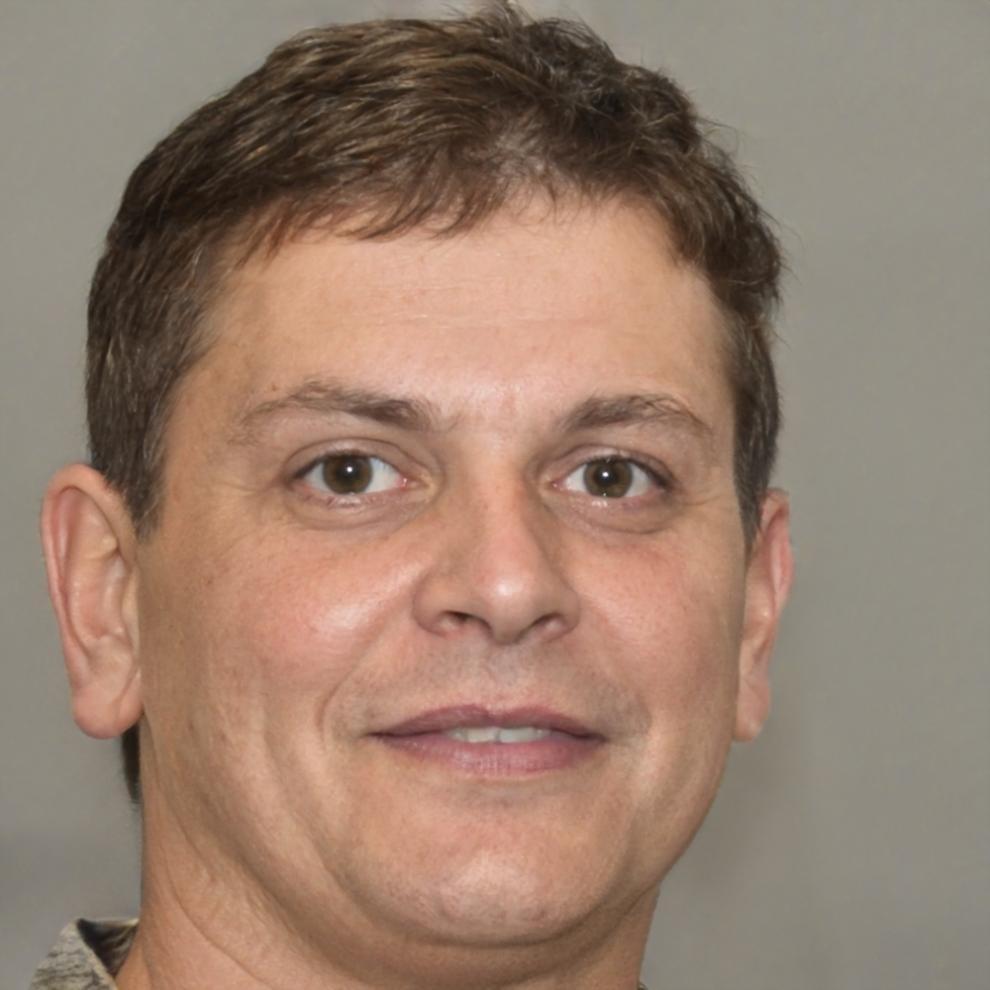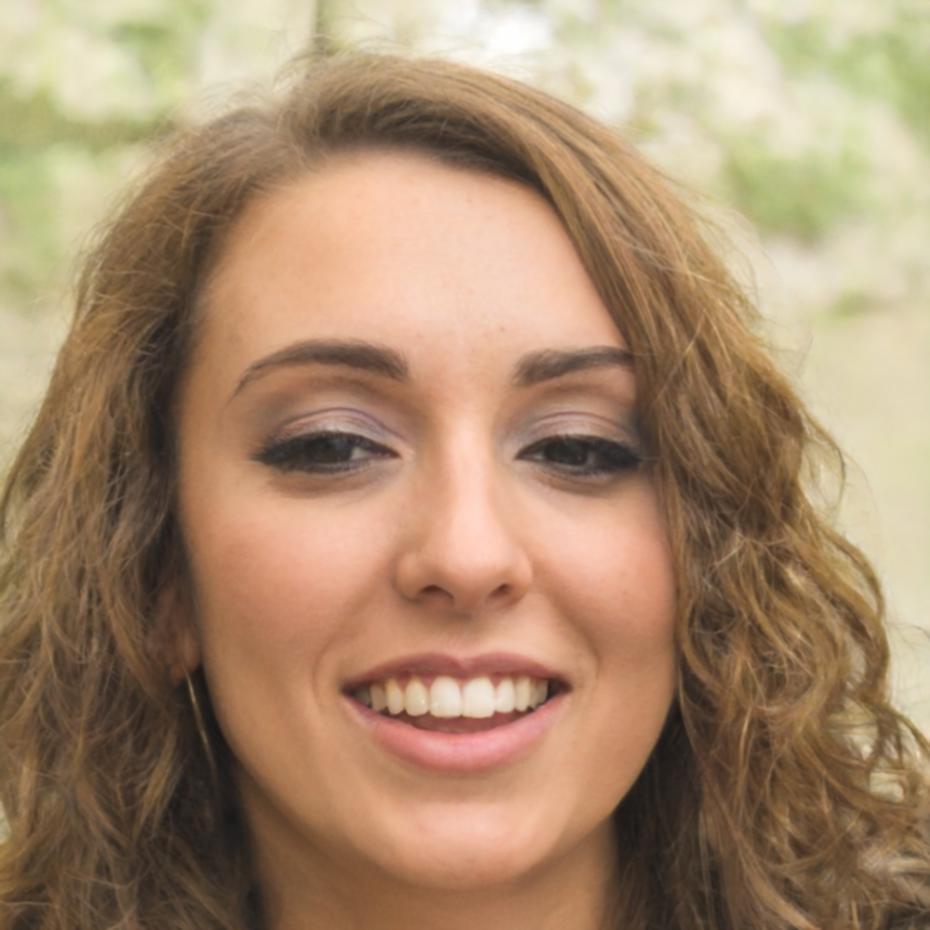Jasper Thorne
Small Business Owner, Bankstown
"I avoided looking at my business account for months. Felt overwhelming. But once I started checking it every Friday — just five minutes — things clicked. Now I actually understand what's happening with my money."
Jasper came to us in August 2025 completely confused about business banking. He'd been mixing personal and business expenses, didn't understand merchant fees, and was afraid to open statements. After six weeks of regular check-ins and practical exercises, he got comfortable. Now runs his accounts confidently.


